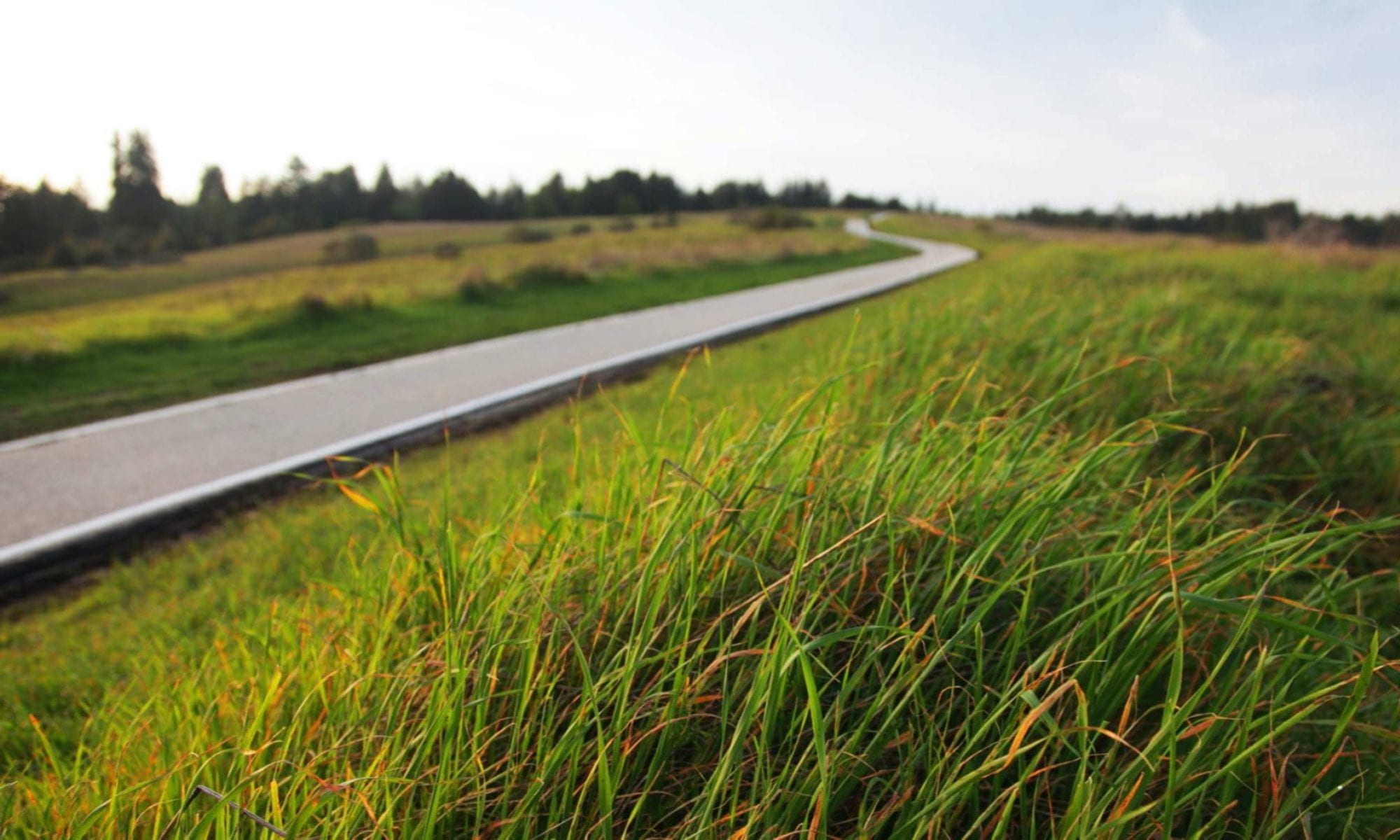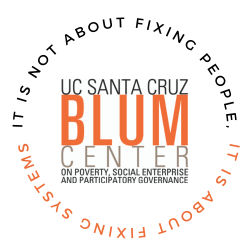Wellness Vending Machine
Diana Bracamontes-Vargas is an undergraduate student from Riverside, California who “grew up in a very Latinx community” where social justice isn’t talked about in the same ways she got exposed to at UCSC. Starting university the year Trump was elected was what influenced her to start to think about social justice. She elaborated that she considers herself as someone “trying to lead with love” and worked on an on campus “wellness vending machine [that] includes emergency contraception, painkillers like Advil or any over the counter non prescription type painkillers or medication, and condoms (external and internal).” The point of the project was to create 24/7 access to reproductive health products especially for students and staff because of the transportation, stigma, and accessibility issues on and around campus. Diana made a clear point to acknowledge what a “huge huge help” the Assistant Programs Coordinator at the Co-Curriculum Program Daphne Mark has been, as well as the Blum Center itself.
What sparked your interest in this project?
Diana Bracamontes-Vargas: When I came out here I realized how little education we have on reproductive health and just not only reproductive health, but sexual health. Sex Ed lacks a lot of information, and moving
away from home for the first time, I realized how little information I knew about my own body and health in general. So I started digging into that a little more. It was always this big tab if you could go off campus, CVS, or any pharmacy off campus is going to be $50-70. On campus, if you have UC SHIP (student health insurance plan), which is a big if, it’s $20. Or you can get it with prescription, but again, that is intimidating for a lot of people. I think that’s what led me to understand not only is there an accessibility issue on campus, there was stuff lacking. I zoomed into what I became passionate about, reproductive justice, and started digging deep into what I can do as a student right now with my resources to improve the level of health that we have on campus. I would argue that reproductive and sexual health correlate straight into our mental health and as a student, our mental health is very important in order to have academic success.
away from home for the first time, I realized how little information I knew about my own body and health in general. So I started digging into that a little more. It was always this big tab if you could go off campus, CVS, or any pharmacy off campus is going to be $50-70. On campus, if you have UC SHIP (student health insurance plan), which is a big if, it’s $20. Or you can get it with prescription, but again, that is intimidating for a lot of people. I think that’s what led me to understand not only is there an accessibility issue on campus, there was stuff lacking. I zoomed into what I became passionate about, reproductive justice, and started digging deep into what I can do as a student right now with my resources to improve the level of health that we have on campus. I would argue that reproductive and sexual health correlate straight into our mental health and as a student, our mental health is very important in order to have academic success.
What are you finding or learning that you think is particularly important?
Well, again through the research that I’ve done and talking to people, I realized the stigma, how education and academia lack the maturity to talk about things like sexual health and just sex in general. It doesn’t
necessarily need to be one thing or another but just understanding that our health as a whole is important. I think that’s what I’ve learned, that even in an institution that claims to be very open and liberal and wants to help their students, I did see a lot of barriers even getting this project done. I took about 4-5 months to try to even get our project on wheels, and then of course funding was a big issue. We had to knock on a lot of people’s doors. It fueled me to keep going and to keep learning more about reproductive health and to advocate more for people who don’t have the type of education that I’ve been lucky and privileged to have and trying to make the little differences in education. Now I’m working as a doula and trying to provide that kind of service and that’s also something that I’ve become very passionate about, which I think is related, but that’s definitely something I’ve learned.
necessarily need to be one thing or another but just understanding that our health as a whole is important. I think that’s what I’ve learned, that even in an institution that claims to be very open and liberal and wants to help their students, I did see a lot of barriers even getting this project done. I took about 4-5 months to try to even get our project on wheels, and then of course funding was a big issue. We had to knock on a lot of people’s doors. It fueled me to keep going and to keep learning more about reproductive health and to advocate more for people who don’t have the type of education that I’ve been lucky and privileged to have and trying to make the little differences in education. Now I’m working as a doula and trying to provide that kind of service and that’s also something that I’ve become very passionate about, which I think is related, but that’s definitely something I’ve learned.
Why do you think this work will make a difference?
Health in general, it’s important and it’s so stigmatized and there’s a huge lack of research in particularly women’s health or female-bodied health. I think advocating for and encouraging people to educate themselves on their own bodies, pay attention to the little pains you feel, or pay attention to the parts of your body that are there, for those abled people, and encouraging them to get that type of education for their own health so that if they go into a health office, a doctor’s office, they know their rights in there. A lot of people that don’t speak English go into a clinic where there’s no Spanish speaking, or Korean speaking, or Chinese speaking people and then they suddenly feel like they don’t know how to communicate issues they’re having with their own body. That can be terrifying and I think that’s why there’s a big inequality in our healthcare system and I hope that me pushing forward, at least with my work, will make people’s understanding of themselves a little bit better so they can advocate for themselves when it comes to health and family planning and access to clinics that are low income folks or people that don’t have healthcare, which is a whole issue all in itself. I hope that just by doing little things like with the vending machine can provide some kind of access, some kind of education, some kind of resource for people that could make their lives a little bit better and easier.
Diana’s advice to Maaike and other students:
It is very easy to be involved with so many social justice movements and organizations that you may forget about your own health and well-being. I just wanted to share that taking care of yourself is at the forefront of this type of work. I also recommend finding work that “doesn’t feel like a chore to you” because once you find something you’re passionate about, you will feel re-energized every day.

